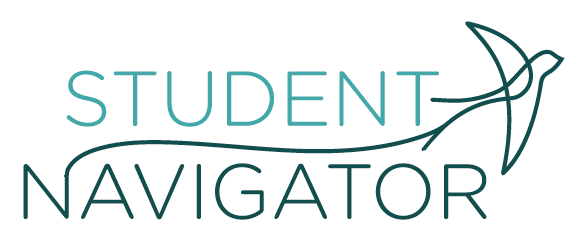Improving concentration in remote lessons is the key to making the most of remote learning, where students are having to concentrate for up to five or six hours a day, in lessons via Zoom, Teams or Meet. Most of these are now live, which students prefer, but often the cameras are turned off due to safeguarding and discipline concerns. Students are finding the biggest challenge is maintaining concentration in order to keep up and to get the work done.
Students are finding themselves wandering off…onto their phones, into chats with their friends, onto the internet, staring out of the window or literally walking out of the door.
If you are one of these students, we have put together a list of ten tips for improving concentration in remote lessons:
Sleep. Start with the basics. A good night’s sleep helps concentration. Teenagers require between 8 to 10 hours of sleep a night and a good sleep routine will make you more alert and ready to face a day of remote lessons. https://www.nhs.uk/live-well/sleep-and-tiredness/sleep-tips-for-teenagers/
Exercise Alongside sleep, regular exercise helps the mind and body to concentrate. If you are in sixth form you will have free lessons. Try and go for a walk or exercise each day during a free, incorporating it into your daily routine. If you are lower down the school and don’t have the luxury of free lessons, you can exercise either before or after the school day. Some schools have introduced longer lunch hours and gaps between lessons to encourage you to stretch, move and exercise.
Healthy snacks and water. We all know that drinking water is good for the brain, so having a bottle of water on hand will help concentration. So too are healthy snacks like fruit and nuts.
Questions. Both asking and answering questions help concentration and keep you listening. Try and answer at least one question every lesson either by unmuting or privately through the chat. Think of a question to ask each lesson. Questions for support with understanding or questions to delve deeper into the topic. Interacting with the lesson also lets the teacher know you are there and concentrating.
Talking The biggest problem of remote lessons is that there is very little opportunity to talk about your work or interact with your teachers and class mates. Talking about work not only helps you to learn but it also helps you to concentrate. During the first lockdown, my youngest son worked remotely with a ‘study buddy’, a friend who he could natter with about his work via zoom, like they would in the classroom. He is a child who likes to talk. This is harder with teenagers, but if it can be done, it can be very effective. Encouraging any talk about school work is good…over dinner, on a walk, in the car.
Post-it notes and memos Make a note of the key words and points from the lesson on a post-it note and stick it in to the page in your exercise book. If the work is online, stick it around your work space or in a notebook. This will help you to follow the lesson, focus on what is important as well as helping you with recall afterwards.
Doodling I am a doodler and I doodle when I am concentrating and need to listen. If this is you, have a doodle pad next to you and even some colours to help you from being distracted.
Fidget ball/beads This has the same effect as doodling if sitting still for long periods of time is something you find hard. This is far better than finding a phone to fidget with.
Mix it up Add a bit of variety to your work routine if concentrating is difficult. If you can, move rooms, get a different view, work in an outdoor space (if the weather permits). Perhaps you can try different stretches or exercises between each lesson or for different subjects: 10 sit-ups; 10 star jumps; 10 running up and down the stairs. At school you would be changing rooms between every lesson, so this can help replicate that.
Retrieval and Recall Do simple revision exercises at the end of each lesson. Try making a quick summary of the main points on a flash card or a mind map. Can you make a list of ten key points from each lesson? Getting into a habit of doing this after each lesson will help you to concentrate during it as well as remember it after it has finished.
www.studentnavigator.co.uk provides mentoring and academic coaching for primary and secondary students. Contact us to see how we can help you.

